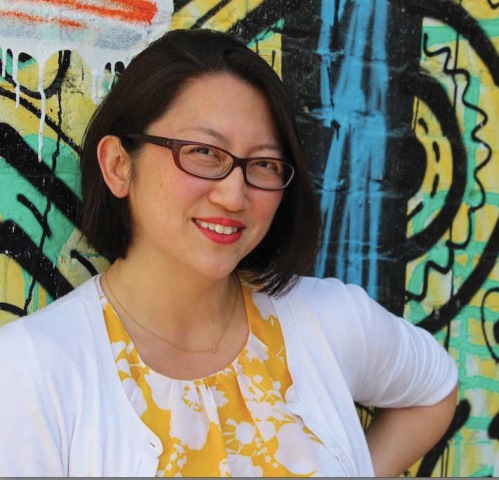
September 2015 marks Ki Sung’s one-year anniversary as senior editor of KQED’s blog MindShift, which explores the future of learning in all its dimensions. Since she took the job, MindShift has gained 60 percent more users, page views and sessions. It has added 100,000 Facebook fans and more than doubled its Twitter followers. Ki sat down over the summer to talk about the joys and challenges of her job as well as the future of MindShift.
Where did you work before KQED?
I was at NPR West [in Culver City, CA] working as a digital news trainer.
What does that mean?
That means I helped NPR member stations, including KQED, learn the skills needed to create content for a growing digital audience, including writing, photography, aggregation, content strategy and organizational issues.
What drew you to KQED?
Mindshift drew me to KQED. The content, the stories and the insights are outstanding and always thought provoking. Before Tina Barseghian, the founding editor, left, I had been pitching her ideas and strategizing about content. She encouraged me to apply for the job and it ended up being a fairly smooth fit.
Who else is on the MindShift team?
Katrina Schwartz is our staff writer. She has a deep understanding of what educators face. We also have a stable of contributing freelancers, many of whom have developed niches with our audience. Linda Flanagan writes extensively about podcasts, an emerging classroom tool thanks to Radiolab and Serial. Luba Vangelova introduces readers to the world beyond conventional education in her coverage of unschooling and democratic schools. Paul Darvasi is a leader in game-based learning and Holly Korbey understands the struggles of underprivileged kids.